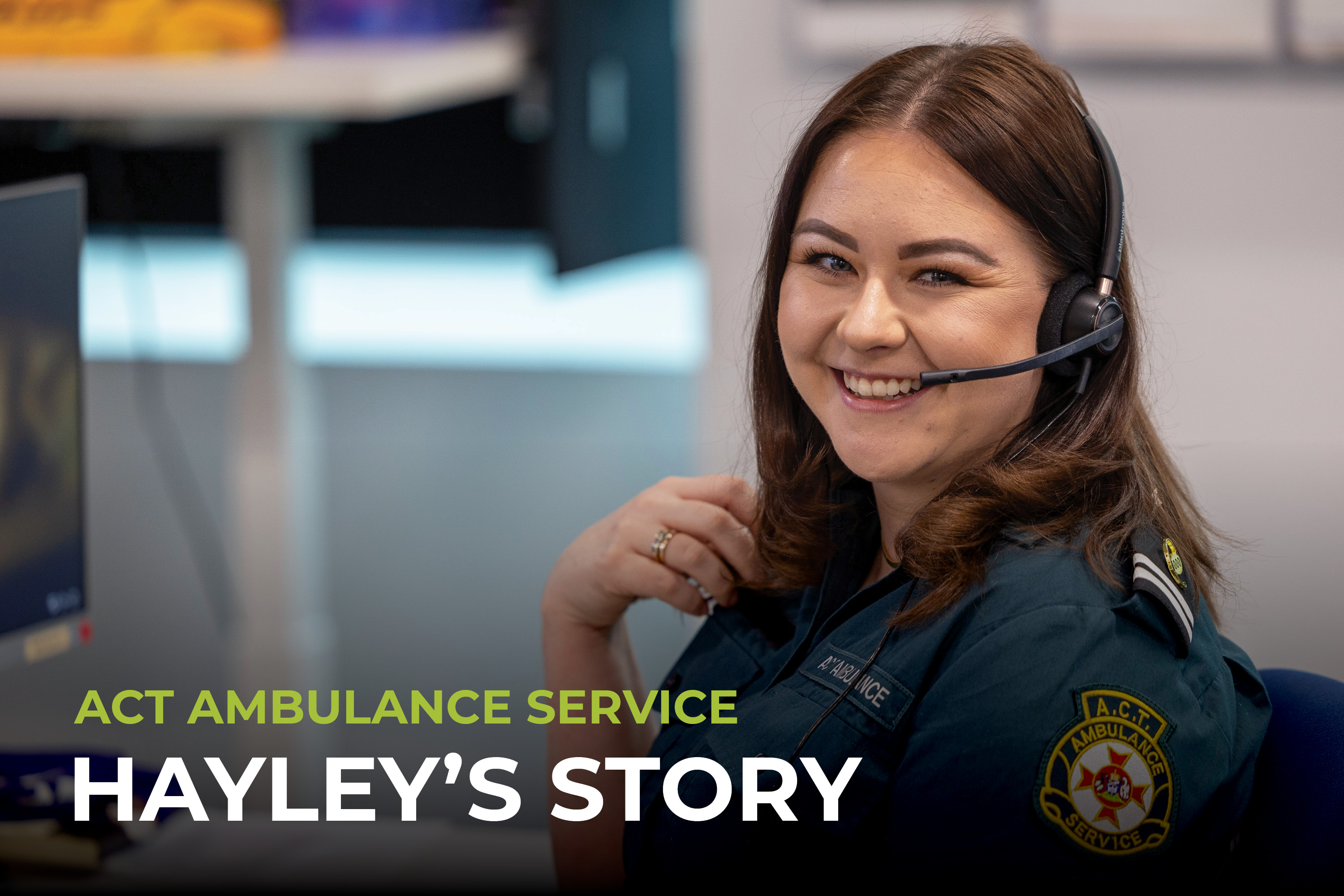ComCen Operators play a crucial role in emergency communications, serving as the first point of contact for individuals in distress. It is an attractive profession as the hours allow team members to work around other responsibilities like study and family commitments.
Hayley Thompson, a ComCen Operator, explains the training process and the day-to-day experiences of this critical profession.
“I was already volunteering for St John, so I was already in that industry of helping people. So when I saw this advertised, I applied for it and hoped for the best.”
Hayley explained that becoming an ambulance call taker involves six weeks of training at a specialised facility, followed by another six weeks of mentorship. During the mentorship phase, a seasoned professional, guide the trainee to ensure they are well-prepared for independent work.
“I was doing my volunteer work and then realized that I enjoyed it and I was able to effectively communicate with people quite easily. When I got the news I thought, okay, let's go!”
Being a ComCen call taker requires a unique set of qualities and skills. Effective communication is key, as call takers must gather crucial information while providing reassurance to panicked callers. Hayley also highlighted the significance of empathy and the ability to take charge in guiding callers through emergency situations.
“You're the first point of contact. So having the ability to get the information that you require, like the address and the phone number and what exactly is going on, is essential. You have to remain calm and communicate with them as effectively as you can.”
After the mentorship period, call takers are expected to handle calls independently. Hayley shared that the transition to working alone is gradual. While initially, mentors closely supervise and support trainees, they gradually reduce their presence, allowing call takers to gain confidence and autonomy.
Hayley's first day without a mentor was unremarkable, but her first solo call left a lasting impact, underscoring the gravity of the role.
“One of my first calls was quite a serious phone call to have as it was a challenging situation to get clear info - this one was quite tough.”
In the high-pressure environment of emergency communications, team members all have different ways of supporting each other. The camaraderie within her team is strong within this close-knit family.
“The team members support each other during difficult calls and find ways to lighten the mood. It's really good and supportive - always trying to have a joke because if you don't laugh, you cry sometimes!”
While call takers don't make major decisions independently, they play a vital role in gathering essential information for the rest of the team.
“My job as a call taker is critical as we only spend a brief moment on the phone with the person, so it could be three to five minutes depending on the call or up to twenty minutes. We don't necessarily make the decisions as a calltaker, it comes down to the team as a whole.”
Hayley shared that outside of work, she prioritises spending time with family and friends. She also participates in netball and enjoys shopping. She appreciates the ComCen hours work perfectly for study and family time.
Hayley Thompson and the ComCen team are being recognised for their dedicated service and passion for serving the community this International Paramedics Day along with ACTAS Paramedics and NEPT Officers.
Thank you for everything you do.
